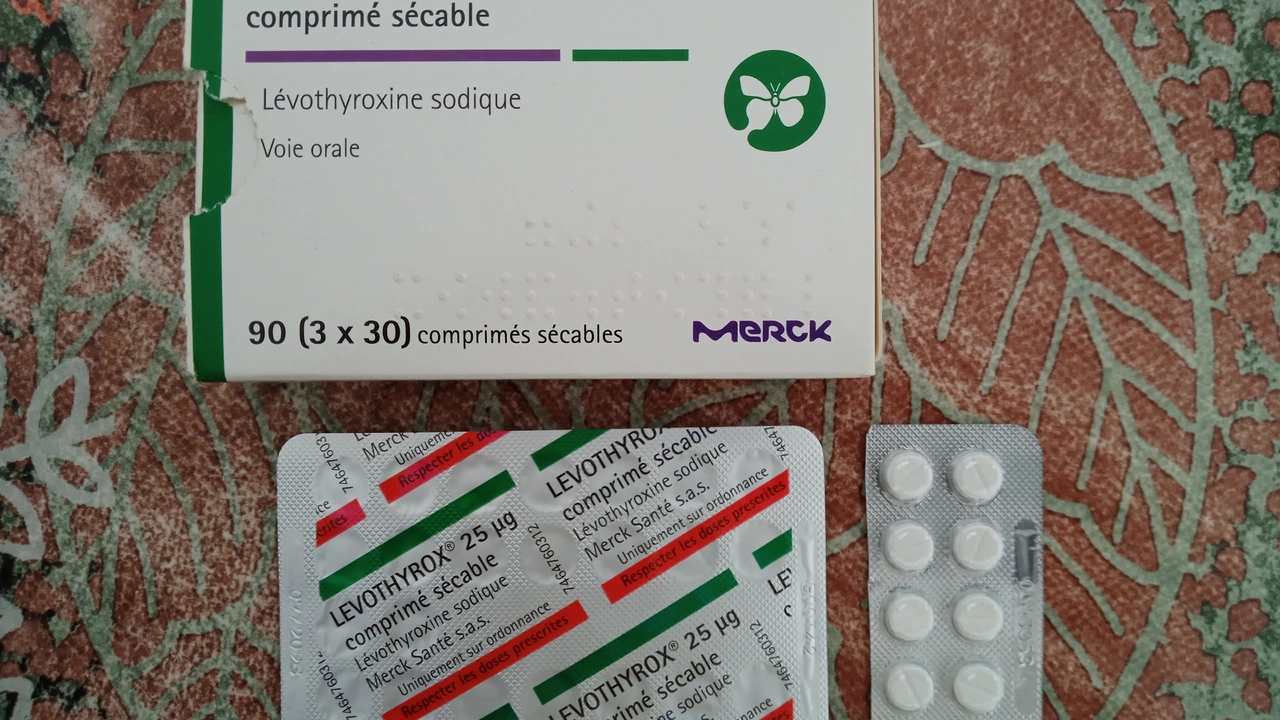Headaches: Fast Relief, Common Causes, and What to Do Next
Got a headache right now? Start simple: drink a full glass of water, move to a quiet, dim room, and try a cold pack on your forehead for 10–15 minutes. If you usually tolerate OTC pain relievers, follow the package instructions and see if the pain eases. Those first steps help a lot for many headaches.
Quick at-home fixes that actually work
Not every headache needs a doctor. Try these clear steps: check hydration, eat a light snack if your blood sugar is low, and sit up straight to fix posture-related pain. Tension headaches often ease with neck stretches, a short walk, or a 20-minute hot shower. For throbbing migraine pain, rest in a dark, quiet room and avoid screens. A small amount of caffeine can help if you’re used to it—but don’t overdo it; too much makes things worse later.
Use cold packs for sharp, pounding pain and warm packs for tight, aching muscles. Gentle massage at the base of the skull or across the temples can reduce tension. Regular breathing or short guided relaxation sessions can cut stress-related headaches fast.
Why your head hurts and how to lower the chance it’ll come back
Headaches come from different causes: tension (tight muscles), migraine (nerve and blood-vessel changes), cluster (short, severe bursts), sinus issues, or medication overuse. Triggers are personal, but common ones are poor sleep, stress, dehydration, skipped meals, strong smells, alcohol, and certain foods. Keep a simple headache diary for 2–4 weeks: note what you ate, sleep hours, stress level, and any meds. Patterns often jump out quickly.
Prevention is practical. Aim for steady sleep, regular meals, daily movement, and steady water intake. Cut back on daily painkillers—using them many days a month can cause rebound headaches. If caffeine is a trigger, reduce it slowly to avoid withdrawal headaches. If stress is a big factor, try short daily routines like a 10-minute walk, stretching, or a quick breathing break.
Some headaches need medical attention. Get urgent help if your headache is the worst of your life, comes on very suddenly, follows a head injury, or comes with fever, stiff neck, confusion, double vision, numbness, or weakness. Also see a doctor if your headaches start suddenly after age 50, if they wake you from sleep regularly, or if over-the-counter meds stop helping.
If you have frequent migraines or daily headaches, talk to a healthcare provider about preventive options. There are prescription medicines and non-drug therapies (like physical therapy, cognitive behavioral therapy, or Botox for specific cases) that can cut how often you get headaches and how bad they are.
Small changes often make a big difference. Start with hydration, sleep, and a short diary. If problems keep coming back, get checked—there are reliable treatments that can stop headaches from ruining your day.
The Connection Between Levothyroxine and Headaches: What You Should Know
- Robin Tudge
- July 31, 2023
- 15 Comments
Hey there, fellow health enthusiasts! So, I've been diving into this fascinating topic about the link between Levothyroxine, a common thyroid hormone replacement drug, and our old unwanted friend, the headache. It's like a plot twist in a soap opera, who'd have thought, right? But surprise, surprise, some studies indicate that there could be a connection. So, if you're on Levothyroxine and have been battling the 'Headache Monster', it might not be your stressful job or the kids driving you up the wall, it could be your medication. Stay tuned for more health mysteries unraveled!
read more
